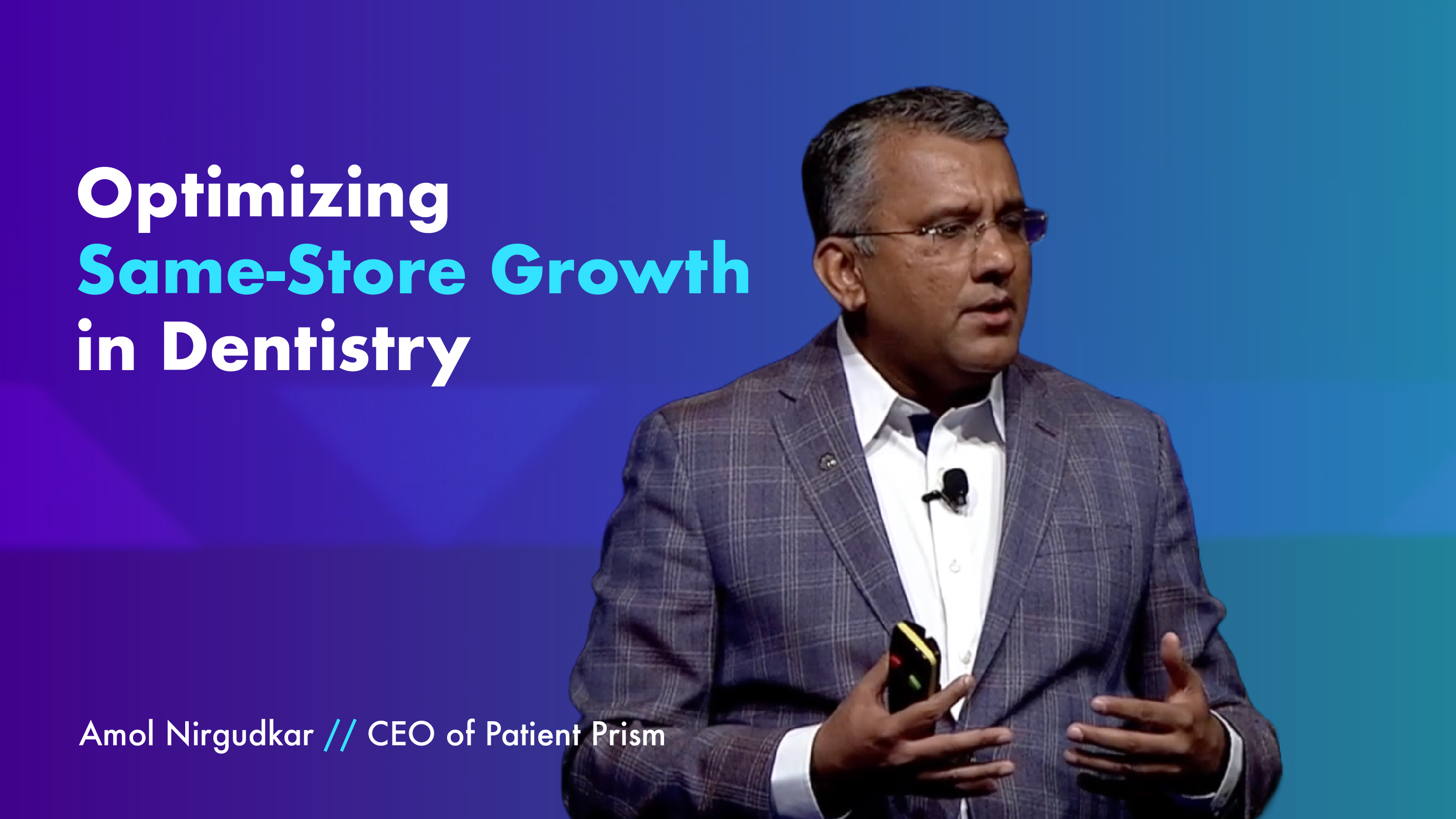As small group practices add new locations and build the infrastructure needed to become a dental support organization (DSO), they need to look closely at their accounting practices.
Using best accounting practices for a DSO is especially important if the group plans to sell in the future. Like selling a home, practice owners need to make their DSO appealing to buyers.
However, instead of upgrading home appliances, you’ll want to update business accounting practices to draft a clean, reliable blueprint of your practice’s financial stability.
And while brand-new appliances may appeal to homebuyers, potential investors want finances with history.
This means you should ensure you use the appropriate accounting practices for years before seeking a buyer.
Table Of Contents
- DSOs Need to Move From Cash-Based to Accrual-Based Accounting
- Hire a CPA, Who Will Be Your Consultant
- What Are The Key Expense Metrics Your DSO Should Monitor?
- Learn More About Best Practices For Scaling a DSO
DSOs Need to Move From Cash-Based to Accrual-Based Accounting
TUSK Partners recommends having at least two solid years of accrual-based accounting, known as generally accepted accounting principles (GAAP), before attempting to sell.
No matter how meticulous, detailed, and organized cash accounting statements may be, GAAP financial statements are always more reliable and, as such, are preferred by investors.
This is because potential investors are looking for consistent financial results.
Your financial statements will look slightly different when you change from cash-based to accrual-based accounting.
Cash-based accounting
In cash-based accounting, revenue and expenses are recognized as they occur. The statement tracks the exchange of money.
Revenue appears on the statement when the income “cash” is received. Expenses appear on the statement when they are paid.
Accrual-based accounting
In accrual-based accounting, revenue is recorded when a transaction occurs (is “earned”), not when it is actually paid.
Including accounts receivable and accounts payable on the statement enables your DSO to predict future cash flow and financial gain–profitability.
Larger companies always use accrual-based accounting. The goal of accrual accounting for dental groups or DSOs is to create quarterly financials for comparison and a 12-month rolling period to provide an accurate financial picture.
From this, you and potential buyers know if your DSO is financially stable, consistently profitable, or growing in profitability.
Not only is this of importance at the time of selling your DSO or when seeking an investor, but also important when:
- Making decisions to hire C-suite staff
- Add locations
- Renovate locations
- Invest in new technology
- Expand the operations of your business infrastructure
- Grow the support and training you provide your dental teams
- Compensate employees
Hire a CPA, Who Will Be Your Consultant
 While the transition may create a bit more work for your bookkeeper, the heavy lifting should be done by a CPA. You don’t have to hire an in-house CFO.
While the transition may create a bit more work for your bookkeeper, the heavy lifting should be done by a CPA. You don’t have to hire an in-house CFO.
As you scale, a consulting CPA can get you started. The CPA will guide your team and designate precisely how things should be tracked.
Here are some tips to get you started on your accounting conversion, in collaboration with a CPA and under the CPA’s expert guidance:
Accounting platform
Discuss and choose an accounting software program that your team can efficiently and comfortably use. Outline how bookkeeping will be done in your office…who, how, when, why, reporting to CPA, and so on.
Chart of accounts
Create a chart of accounts that will be used in every location of your practice. This consistency is critical in establishing a direct comparison between locations.
Training and support
Create a training plan for your administrative team members. Provide this training. Identify who or what published resource or chat line they can turn to for support when questions arise. It may be a call to the CPA.
Quality control
Create a plan for frequent review of administrative staff performance at the beginning.
Review performance on an appropriate quarterly basis to ensure accounting information is accurately recorded in your accounting platform.
Periodic review
Review your financial statements with your CPA regularly and learn from them.
Along with profits, EBITDA (earnings before interest, taxes, depreciation, and amortization) are used as an indicator of the overall profitability of a business.
EBITDA figures significantly in a financial profile. Learn more about this from your CPA.
Business guidance
Ask your CPA for guidance in making financial decisions. Specific metrics are key to making better business decisions. Are you and your CPA on top of these?
What Are The Key Expense Metrics Your DSO Should Monitor?
 TUSK Partners recommends DSOs focus on these three key expense metrics:
TUSK Partners recommends DSOs focus on these three key expense metrics:
- Wages
- Lab costs
- Supply costs
Sit down with your CPA and discuss how these components can lead to better business decisions and strategies as you grow.
Consider things like whether a new formulary could be beneficial or whether your increased scale allows for the negotiation of better rates with laboratories.
Learn More About Best Practices For Scaling a DSO
Growing your dental practice or small group means making the appropriate upgrades to your practice, including accounting practices.
Plus, planning ahead will make for a smoother, faster sale if that is your ultimate goal. The advice of industry experts will help you perform better as you build your DSO infrastructure and expand your DSO to demonstrate scalability.
TUSK Partners is one of the country’s leading dental mergers and acquisitions advisory firms and can help you understand your goals before or during the expansion of your dental group or DSO.
Final Thoughts
As small group practices add new locations and build the infrastructure they need to become a dental support organization (DSO), they need to look closely at their accounting practices.
If a DSO wants to sell in the future, it is crucial to use good accounting practices. Like when selling a house, the owner of a DSO needs to make it look appealing to buyers.
But instead of updating your home appliances, you should update your business accounting practices to make a clear, reliable plan for the financial stability of your practice.
And while brand-new appliances may appeal to people who want to buy a house, people who want to invest want finances that have a history.
This means that you should ensure you’re using suitable accounting methods years before you try to sell your business.





